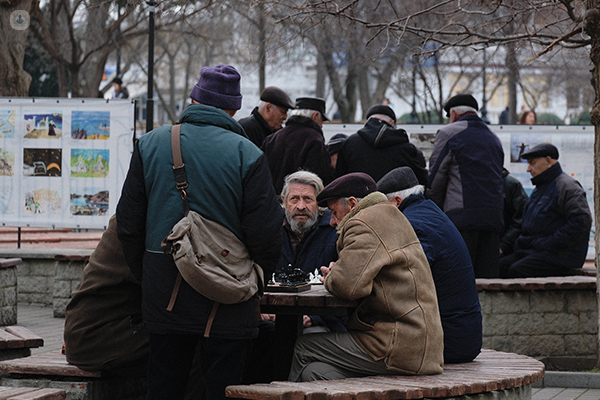Is brachytherapy a safe way to treat prostate cancer?
Written by:Prostate brachytherapy is a form of radiation therapy used to treat prostate cancer. It involves placing devices containing radiation in the prostate gland close to the cancer cells. Mr Ammar Alanbuki explains.

Types of brachytherapy
Prostate brachytherapy procedures vary based on the type of radiation you'll receive. Temporary prostate brachytherapy involves placing radioactive wires in the prostate gland for several minutes before the wires are removed. Permanent prostate brachytherapy involves placing radioactive seeds in the prostate gland permanently, where they slowly release radiation.
What are the side effects of brachytherapy?
Variable complication rates have been reported. These can include:
- Irritative/obstructive urinary symptoms
- Rectal symptoms
- Storage and retention symptoms (incontinence rates were reported to be 1% with up to 3 years follow-up)
- Sexual dysfunction (impotency rates were as high as 15%)
How much does it cost?
Cost is variable according to the provider, location and other diagnostic procedures needed, but should not be less than £10,000.
Is brachytherapy better than surgery?
Brachytherapy has comparable results to (though not better than) surgery with regards to localised prostate cancer, and is mainly advised for low-risk cases. Patient preference is part of the choice process, and it is important to remember that some other procedures like transurethral resection of prostate cancer or prostate biopsy under general anaesthesia are required beforehand.
Will I feel tired and have bowel problems after it?
General tiredness is expected. It depends of the type of brachytherapy and length of the procedure, but it is usually short lived. The main bowel problems are rectal bleeding and proctitis (inflammation of the anus), which occur in 5.6% of cases.
Read more: rectal bleeding – what does it mean?
Brachytherapy is a procedure done under general anaesthesia. You can expect some pain and swelling in the perineum where the radiation needles were inserted.
Some relief can be achieved by placing an ice pack over the area or taking simple analgesia.
You can resume normal activities when you feel up to it. Avoid strenuous activity, such as running, or activities that may irritate the perineum, such as riding a bike, until the area where the radiation was inserted is no longer tender.
To book an appointment, visit Mr Alanbuki’s Top Doctors profile.


